Preliminary Hearing vs. Grand Jury in Illinois
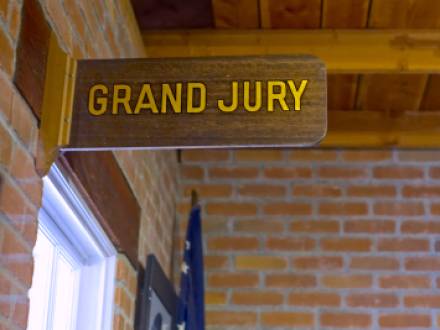 The grand jury plays a role in our criminal justice system. Grand juries are used in federal crimes, and all but two states and Washington, D.C. also use grand juries, usually for more serious crimes. While having a grand jury determine whether you will face criminal charges can be scary, it is essentially the same thing as a preliminary hearing. The primary difference is that a judge decides whether there is sufficient evidence against you for a trial in a preliminary hearing, while the 16 people that make up an Illinois grand jury decide whether you will be indicted and face trial.
The grand jury plays a role in our criminal justice system. Grand juries are used in federal crimes, and all but two states and Washington, D.C. also use grand juries, usually for more serious crimes. While having a grand jury determine whether you will face criminal charges can be scary, it is essentially the same thing as a preliminary hearing. The primary difference is that a judge decides whether there is sufficient evidence against you for a trial in a preliminary hearing, while the 16 people that make up an Illinois grand jury decide whether you will be indicted and face trial.
Under the Illinois Constitution, you cannot face trial for a criminal offense that carries a prison sentence without having first been indicted by a grand jury or having a judge in a preliminary hearing find there is probable cause for a trial. There are similarities and differences between a preliminary hearing and a grand jury, detailed below. In either case, you will benefit from having a highly experienced Skokie, IL criminal defense lawyer by your side who will build a strong defense on your behalf.
What Are the Differences Between a Preliminary Hearing and a Grand Jury?
A preliminary hearing takes place in open court, where anyone with a legitimate interest can attend. A grand jury, on the other hand, is cloaked in secrecy. A preliminary hearing takes place before a judge. The prosecution presents evidence, typically in the form of live testimony, to convince the judge that a crime occurred and that the defendant is the person who committed it.
The defendant and his or her lawyer are allowed to appear and listen to the prosecution’s evidence. The defense lawyer can ask questions and cross-examine witnesses for the state, arguing on behalf of the defendant before the judge. Preliminary hearing rules of evidence tend to be more relaxed because the decision of guilt and innocence is not the purpose, only to determine whether there is sufficient evidence to warrant a trial.
If the judge finds there is probable cause, the state will be allowed to continue with the prosecution by filing formal criminal charges against the defendant. A grand jury in Illinois consists of 16 jurors, although in some states, it can be as many as 23. In Illinois, there must be at least 12 jurors present to be in session. The jurors in a grand jury are sworn to secrecy, prohibited from discussing the case with friends, family members, or coworkers, and also prohibited from watching, reading, or listening to news about the crime on television, radio, or social media.
The court appoints a foreperson from the 16 members of the grand jury, who will have information presented regarding a specific crime and a specific defendant or defendants. The grand jury has considerably more power than a "regular" jury in that it can obtain evidence on its own by issuing subpoenas for witness testimony or the production of documents. Grand jurors can question witnesses as well. After all evidence is presented, at least nine of the grand jurors must vote (in secret) to indict.
The defendant is not typically required to appear and may not even be aware that the grand jury is considering an indictment against them. The defendant can request to appear and tell his or her side of the story, but the prosecution does not have to allow this. If a defendant does appear, his or her lawyer can appear as well, but does not have the same right to object to questions as they do in a trial.
Contact a Cook County, IL Criminal Defense Attorney
Having a knowledgeable Chicago, IL criminal defense lawyer from Komie and Associates by your side, whether in person at a preliminary hearing or talking to the prosecutor on your behalf for a grand jury investigation, is extremely important. Attorney Komie represents high-profile clients and has more than four decades of experience defending clients in state, federal, and international trials. To schedule your free consultation, call 312-263-2800.


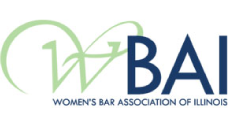
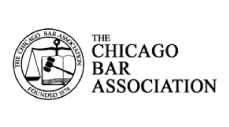

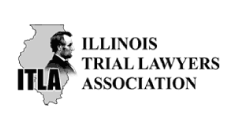
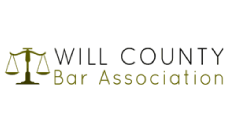
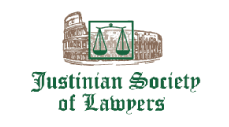
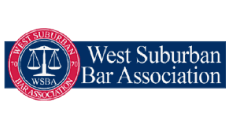
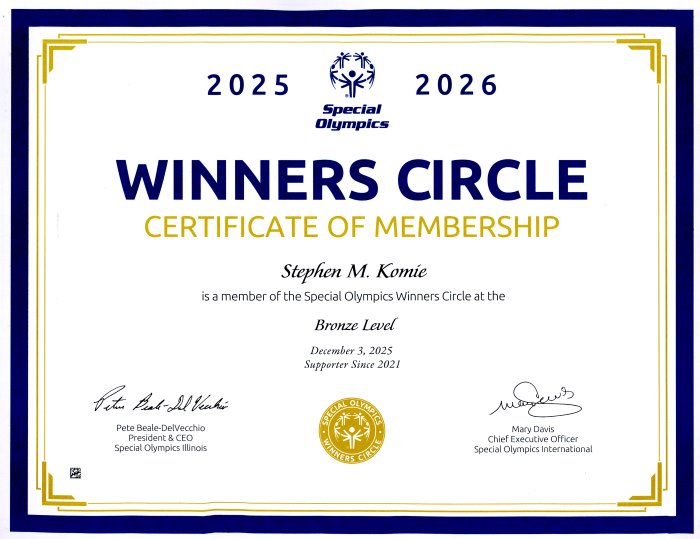
 Map & Directions
Map & Directions




